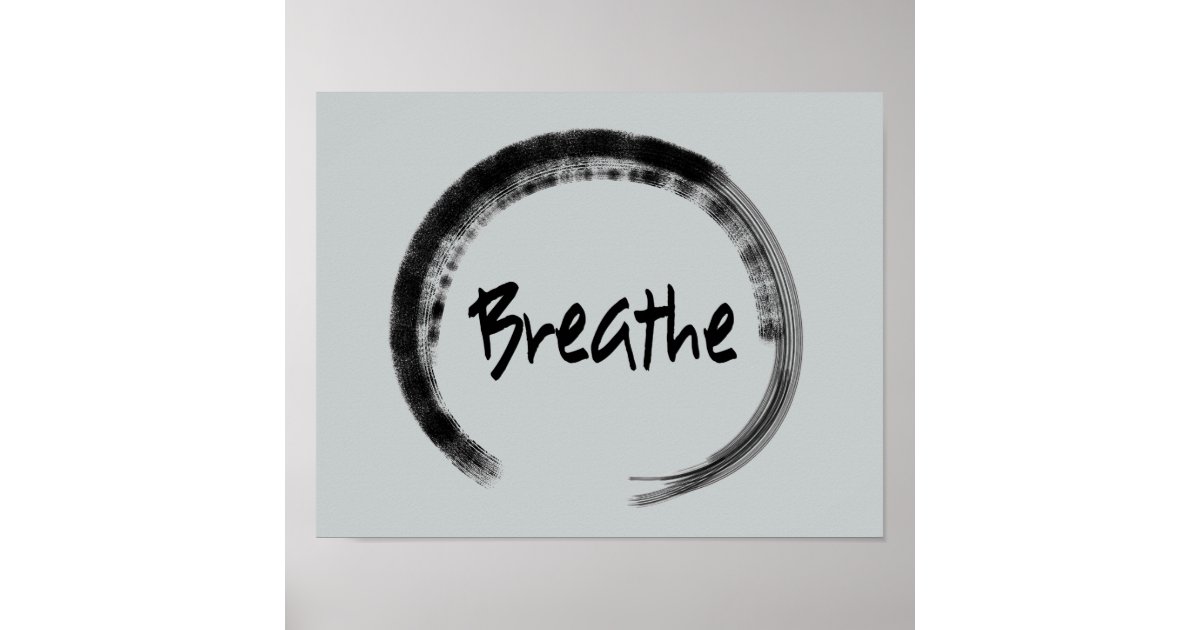ADHD is characterized by inattention, “over-activity” and impulsiveness that may impair an individual to function “properly.” (See what I did there with the quotes?) My question for you is this: how do we define over-activity and proper function as a human? In the case of individuals, we cannot standardize symptoms, otherwise we lose sight of what matters most: the individual! What may be deemed necessary for one child may not be the answer for another. I’m here to generate a conversation on the wildly controversial topic of Attention Deficit Disorders, but first, I’d like to share a story.
Musical Medicine
To put it simply, I cannot stay still. After getting to know my body over these 22 years of mine, I’ve found that the apex of pleasure derives from a life in motion. If I rest too long, I begin to feel stuck, or anxious, as if my body is stressed from F.O.M.O. (the Fear of Missing Out.)
There are plenty of outlets for physical energy available at all times. Music seems to be the ultimate tool of enjoyment in a kinetic life. Running to a funky playlist, or performing a steering wheel percussion concerto as I drive feels like medicine to me!

Before I found my outlets, I embarked on a journey of self-discovery that started with my family reaching out for my well-being. They felt concerned for me. I wasn’t enjoying school, my grades began to slip, and eventually I spiraled down into a depression. We had the idea that perhaps a doctor could help my symptoms, and thankfully, a naturopathic doctor had recently began a practice nearby.
What Am I Eating?!
Normally, doctors usually spend around 7-10 minutes with patients these days, this doctor gave his full presence for about a full hour! His first method was to examine my diet by keeping a food journal. From there we established patterns in my eating with associated emotions / levels of energy. My parents mentioned the idea of ADHD, and before the doctor gave any consideration to starting a medication, he suggested blood nutrient tests to confirm what was going on inside.
After all, there was no need to prescribe me any sort of pills. What was needed most was a change in diet, proper sleep, and plenty of exercise!

The Issue with Medication
Ritalin, Adderall, Vyvanse. Do these sound familiar? They’re popular drugs in colleges, and they are also some of the most widely prescribed pills for Attention Deficit patients. Side effects of these stimulants range from insomnia, loss of appetite, headaches, dehydration, and a few others that, in my humble opinion, are not worth the trouble.
Reverse it with Meditation
In our busied modern society we tend to rely heavily on a sharp and focused mind to accomplish a number of complex tasks each day. As long as you can guide your focus on one singular object of focus, you can accomplish pretty much whatever you’d like. Practicing counting breaths 1-10, especially in situations like traffic lights or on walks can help immensely. If you feel like your mind is racing you can instantly regain control with a simple acknowledgment of the breath.

Helping Herbs
If we assume that a person undergoing stress may be unable to focus, then we can find immediate relief using adaptogenic herbs. Some dried plants in tea, or the use of cooking spices can help alleviate feelings of anxiety without debilitating side effects. The following herbs, (some naturally sedative) can help an individual gently overcome their stressors:
- Chamomile
- Valerian

- Lavender
- Lemon Balm
- Ashwagandha
- Ginkgo
- Jasmine
Intention is Key
What do we want for our children, for ourselves? As mentioned earlier, each individual requires a unique strategy to optimize well being. Teachers require students to sit still, yet is this really the best way to evolve our minds? Outdoor classrooms within a nurturing environment could be a wonderful alternative to the bland classrooms. I know, from my own experiences, that the more I move around, the better I feel. Perhaps we should change the intention of our schooling system. We place an unbelievable amount of stress on students to accomplish data-specific tasks to further a life of productivity. Why not ask the student what they think? Individualize curriculums to match each student with a complementary education. I could imagine my personal schooling, taking hikes, practicing slam poetry at lunch, learning practical first-aid and mechanical skills. All in all, we should give the power to the students. Their growth cannot be imposed upon, but instead their growth must be allowed room. If we can make space for our kids, for our students, for our families, then we can make space for harmony.

I enjoyed to hear that there are other methods to consider beside medications for things like depression and anxiety. I will definitely look into things like gingko and changing my diet.
LikeLike